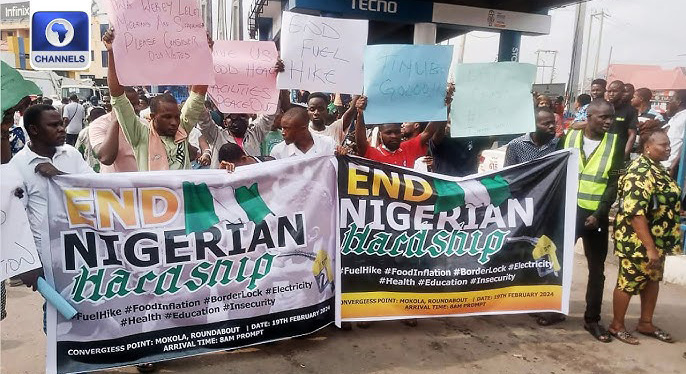The #EndBadGovernance protests in Nigeria have intensified scrutiny of the actions taken by key government officials and security forces. The demonstrations, which have highlighted widespread discontent over corruption and poor governance, have reportedly been met with aggressive tactics from the Inspector General of Police, the National Security Adviser, and other officials, raising concerns about democratic rights and human rights violations.
Analysts and activists argue that the response to the protests has been marked by a lack of professionalism and excessive force. Prominent figures, including Prof. Wole Soyinka, have criticized the handling of the protests, particularly the reported use of force that led to fatalities and injuries. The situation has underscored the need for respect for peaceful assembly and free speech.
Security experts emphasize that effective protest management should involve restraint and adherence to human rights standards. The handling of protests in states like Katsina and Kano has been described as unprofessional, with reports of brutality and inadequate crowd control measures. The current approach, they argue, fails to align with democratic principles and the right to peaceful protest.
In Abuja, initial threats and strong rhetoric from authorities gave way to a more measured response, acknowledging citizens’ rights to protest under international law. However, the government’s broader strategy, including recent policy decisions and spending priorities, has been criticized for exacerbating public dissatisfaction.
The protests, marked by looting and property damage in some areas, have prompted varying responses across states. In Minna, security forces were mobilized extensively to prevent protests, while in other regions, such as Enugu and the South East, the response was more subdued, with some opting for non-violent demonstrations.
Critics also highlight the need for security forces to improve their approach to handling protests, including better training and adherence to human rights standards. This would help address the underlying issues and ensure a more constructive dialogue between the government and its citizens.
The ongoing protests reveal significant challenges in balancing security measures with the protection of democratic rights, underscoring the need for reform in how protests are managed and how civil liberties are safeguarded.
